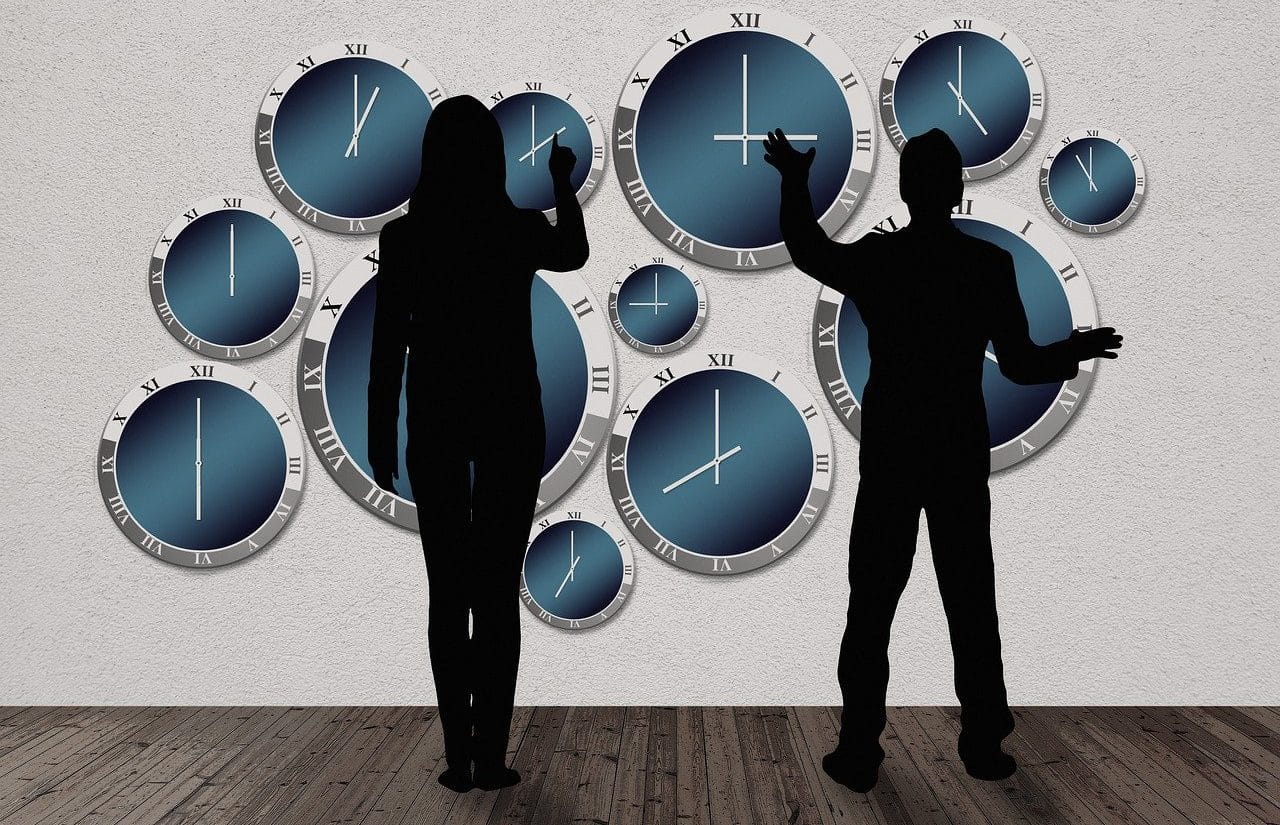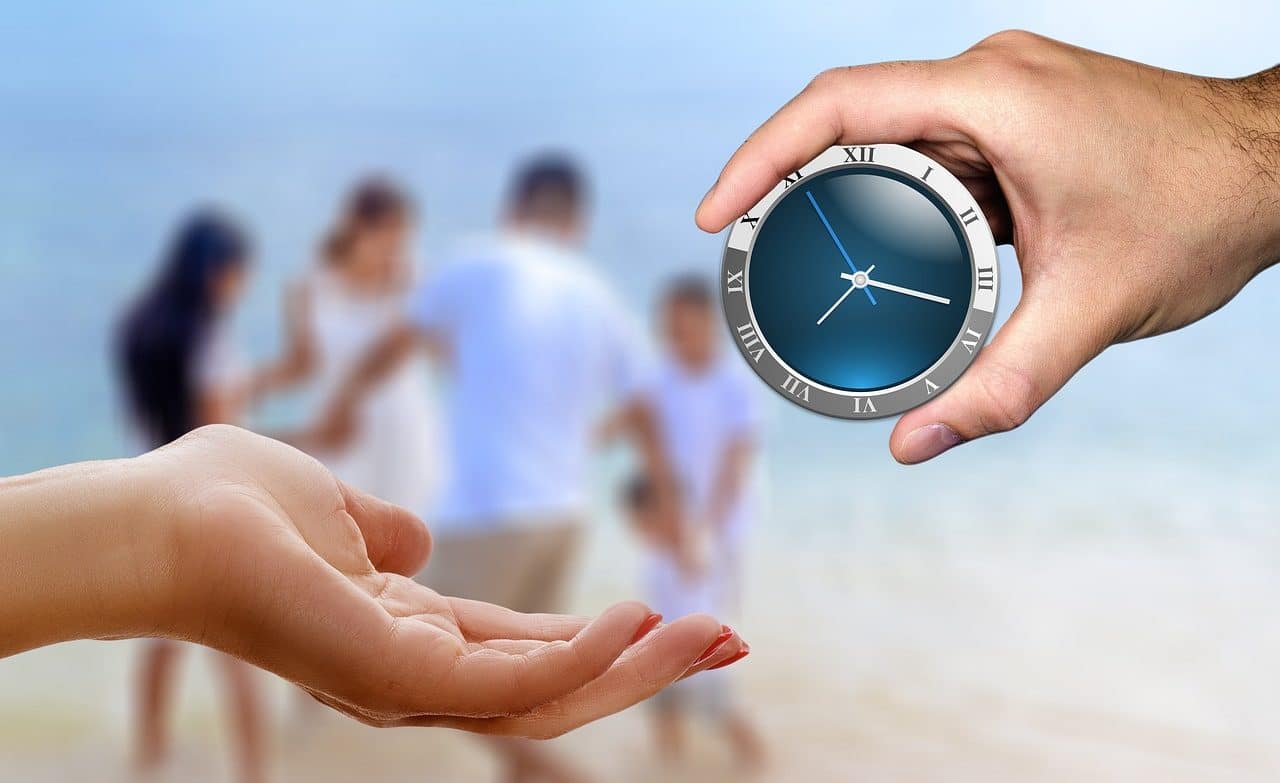
Setting short and long-term goals, optimizing time and managing energy as best as possible contributes to leading an orderly and balanced life.
Time management is important when it comes to achieving greater productivity , efficiency and organization . It is a strategy focused on learning to manage hours, minutes and seconds with the aim of being able to fulfill all the commitments made and the tasks that appear at different times in life without overlooking moments of leisure or of rest.
Planning and prioritizing activities are the basis of a solid structure to make the most of time . Likewise, it is desirable to have concentration and set goals in order to resolve each activity or task quickly and effectively .
By carrying out adequate time management , it is possible to reduce the stress derived from so many responsibilities and issues to resolve, favor individual performance and achieve a healthy balance.
Factors that threaten good time management
Interruptions , procrastination and multitasking are part of the factors that undermine good time management .
When an activity is temporarily stopped due to unforeseen events , distractions or last-minute complications , delays arise and the focus of attention ends up being lost as a result of the alteration of the program to be fulfilled.
Postponing obligations and falling behind, meanwhile, ends up affecting decision-making and the ability to solve problems. As time runs out to conclude or carry out what was initially planned and urgent action must be taken, the person begins to experience signs of exhaustion , anxiety and stress .
Taking on the challenge of developing actions simultaneously also overwhelms and causes excessive demands at the individual level. The risk of mistakes, failure, forgetfulness, and confusing tasks increases considerably when someone takes care of more than one task at a time .
Techniques that favor the organization of time
Getting advice on methods to optimize deadlines and putting into practice techniques that promote time organization are excellent ideas to stay organized and fulfill duties without forgetting anything.
Beyond making a list of priorities , it is always advisable to make a list of tasks and conduct yourself based on it. As tools, it is suggested to adapt to the calendar and help yourself with notes in an agenda .

Agendas are essential to promote individual organization and avoid forgetting commitments: completing them and consulting them daily saves wasted time and ensures the fulfillment of tasks.
Establishing a daily routine , designing a schedule and using alerts and reminders also contributes to clarifying ideas, having a quick overview of the panorama and thus managing the available time with strategies that aim at productivity .
Giving the Time Blocking technique a chance, to detail one option, it is possible to segment the week into blocks to frame each planned task. Many people choose this alternative to combine work time, moments of rest and moments of entertainment following a sequence.
There are also people who gain confidence and improve their performance thanks to the Getting Things Done (GTD) method , which invites you to organize plans and dynamics, keeping track of them without overloading your mind, with the peace of mind of having the tasks stored, processed and framed according to the urgency of each item.
The Pomodoro method that encourages centralizing actions and dividing them into intervals of less than half an hour in which nothing should distract or disturb in order to complete everything as planned and the Time Boxing technique that encourages completing specific actions within a certain period of time. These are other strategies to consider if you want to manage time efficiently.

Spending time with family is necessary, healthy and enriching to strengthen bonds.
Time management and work-life balance
It is essential to learn to manage time and achieve a balance between work and personal life .
To protect mental health and take care of the body, we must adopt healthy habits , avoid becoming fanatic about work challenges , cultivate self-discipline , allow ourselves to delegate tasks and, whenever possible, do teamwork so that responsibility does not fall on a single individual. .
Family and friends deserve that you offer them quality time to nourish the bond and accompany each other in different moments of life. It is not healthy or fair to go visit a loved one but constantly interrupt conversations to concentrate on reading emails, watching television or taking work calls.
Digital disconnection and "permission" to relax are vital: every person, to stay in harmony and be well, needs to organize, avoid overloading themselves with occupations and not complicate their existence with self-demand . If you have too many responsibilities and cannot entrust tasks to others, it is useful to do meditation , practice mindfulness and take advantage of the benefits of the breathing technique . The ideal is to know how to differentiate and give value to each moment: during the time dedicated to learning , for example, you should not waste precious minutes planning dinner or choosing your next vacation destination. Likewise, when you have free time you have to completely disconnect from work or academic issues and choose routines that delight and help you recharge your energy.
